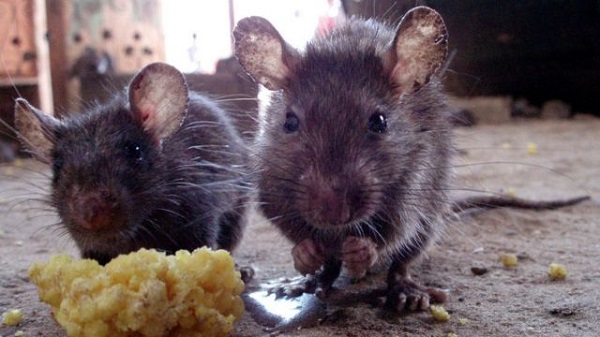
The Nigeria Centre for Disease Control and Prevention (NCDC) has confirmed Ondo, Bauchi, and Edo states as the primary epicentres of the current Lassa fever outbreak, accounting for over 70 per cent of all cases reported in 2025.
Director-general of the NCDC, Dr. Jide Idris disclosed this during a media briefing in Abuja, stating that the three states contributed 71 per cent of the 660 confirmed cases recorded from January to March 2025. Ondo accounted for 30 per cent, Bauchi 25 per cent and Edo 16 per cent of the total cases.
Lassa fever, a viral hemorrhagic disease, is mainly transmitted through contact with the urine or faeces of infected rats. It can also spread between humans via bodily fluids, contaminated objects, or infected medical equipment. Symptoms typically include fever, sore throat, headache, vomiting, and muscle pain, with severe cases involving bleeding from body openings.
Idris revealed that the NCDC has activated its incident management system to coordinate the emergency response, focusing on early detection, effective case management, risk communication, and community engagement. He noted that Lassa fever remains active in multiple areas, with 28 states and 125 local government areas affected so far this year.
Tragically, the outbreak has claimed 122 lives, translating to a case fatality rate of 18.5 per cent – higher than the 17.5 per cent recorded during the same period in 2024.
In response, the NCDC has deployed National Rapid Response Teams to high-burden areas, conducted training for healthcare workers on infection prevention and control, and scaled up community sensitisation campaigns. Idris emphasised the importance of early medical attention, which can significantly reduce fatality rates.
He also highlighted the agency’s collaboration with international partners such as the World Health Organisation (WHO), Médecins Sans Frontières (MSF) and the African Field Epidemiology Network (AFENET) to bolster surveillance, clinical care and public education efforts. Additionally, research initiatives are ongoing under the CEPI-funded Enable Lassa Fever Program 1.5 and the COPE II strategy to strengthen outbreak preparedness.
Lassa fever continues to pose a serious threat, especially in rural communities where access to healthcare remains limited. Idris assured Nigerians that the NCDC is working closely with state ministries of health, environmental health officers and international partners to curb the spread and reduce the outbreak’s impact.
To further strengthen the response, plans are underway to launch a Lassa fever advocacy toolkit and resume the NCDC’s monthly webinar series to enhance case management training for frontline health workers.
Encouragingly, the number of confirmed cases dropped from 41 in Week 12 to 14 in Week 13 of 2025. Despite this decline, Idris urged Nigerians to remain vigilant, maintain proper hygiene and avoid contact with rodents and their droppings.
“Our collective action is vital to ending this outbreak. We must act swiftly, in unity and at every level of society,” he concluded.

